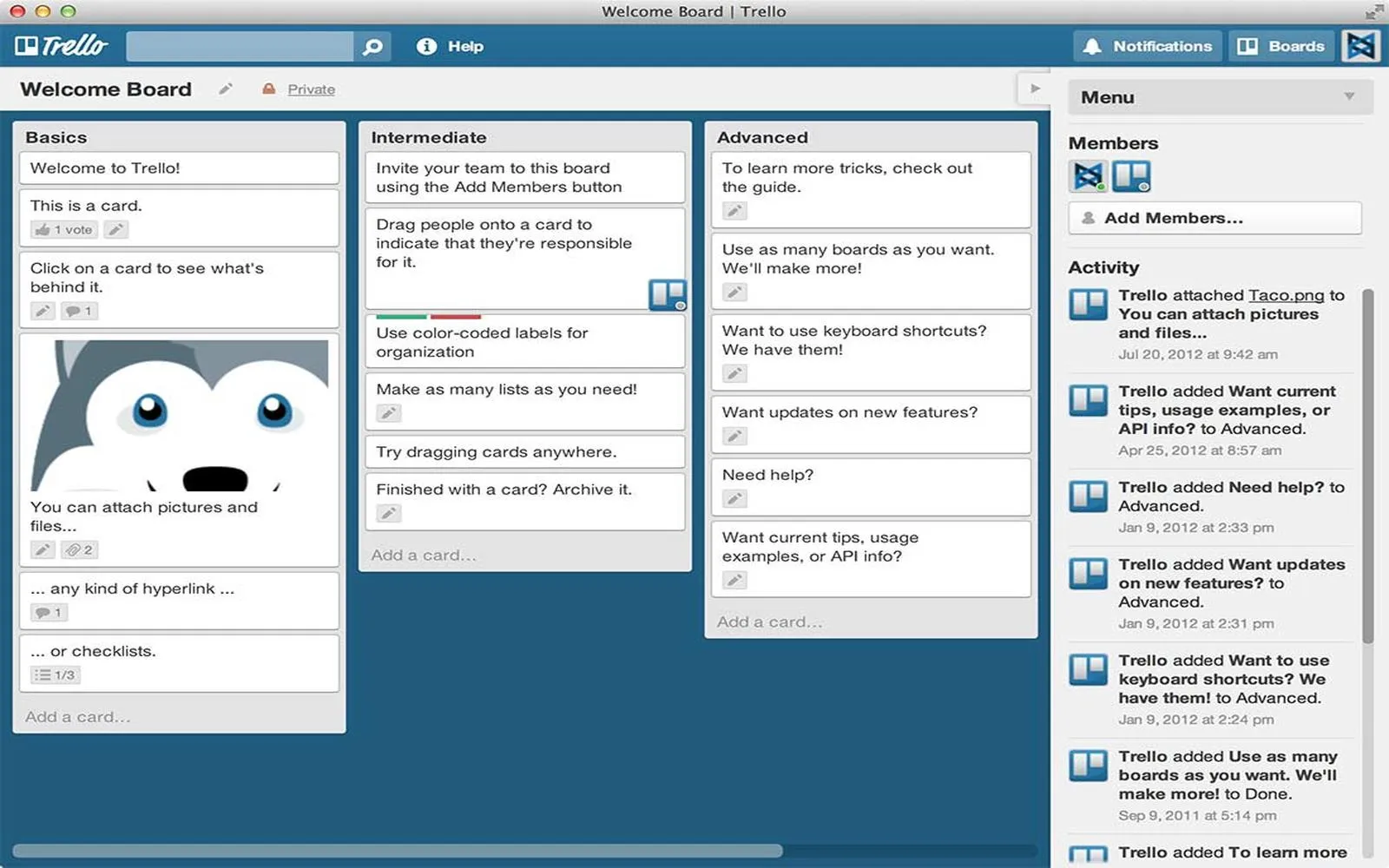Remote work has become a staple in many industries, offering flexibility and opportunities for both employees and employers. However, navigating this new landscape can be challenging. Below is a comprehensive guide designed to ensure your success in remote work, complete with strategies, tips, and a handy chart for easy reference.
Creating a Productive Workspace
One of the foundational elements of successful remote work is establishing a dedicated workspace. This space should be free from distractions and equipped with all the necessary tools to perform your job efficiently. Here are some essential components to consider:
- Comfortable seating: Invest in an ergonomic chair to support long hours of work.
- Technology setup: Ensure you have a reliable computer, high-speed internet, and necessary software installed.
- Lighting: Natural light can boost your mood and productivity. Position your desk near a window if possible.
Time Management Techniques
Effective time management is critical in a remote work environment. Without the structure of a traditional office, it’s easy to lose track of time. Here are some popular techniques to help you stay on track:
| Technique | Description |
|---|---|
| Pomodoro Technique | Work for 25 minutes, then take a 5-minute break. Repeat this cycle to maintain focus. |
| Time Blocking | Schedule specific blocks of time for different tasks to avoid distractions. |
| To-Do Lists | Create daily or weekly lists to prioritize tasks and track progress. |
Communication is Key
In remote work, communication is paramount. Without the ability to have face-to-face conversations, it’s vital to use various tools effectively. Here are some strategies to enhance communication:
- Regular check-ins: Schedule daily or weekly meetings to discuss progress and challenges.
- Use multiple platforms: Utilize email, messaging apps, and video calls to ensure clarity and connection.
- Be transparent: Share updates and challenges openly with your team to foster collaboration.
Maintaining Work-Life Balance
One of the biggest challenges of remote work is maintaining a clear boundary between your personal and professional life. Here are some tips to help manage this balance:
- Set working hours: Define your work schedule and stick to it to create a routine.
- Take breaks: Schedule regular breaks to recharge, which can enhance overall productivity.
- Unplug after hours: Avoid checking work emails or messages outside of your designated work hours.
Leveraging Technology
Technology plays a significant role in remote work efficiency. By utilizing the right tools, you can streamline your workflow and improve communication. Some essential software includes:
| Tool | Purpose |
|---|---|
| Project Management Software | Tools like Trello or Asana help organize tasks and track project progress. |
| Video Conferencing | Platforms such as Zoom or Microsoft Teams facilitate virtual meetings and collaboration. |
| Cloud Storage | Services like Google Drive or Dropbox enable easy access to files from anywhere. |
Staying Motivated
When working remotely, it's crucial to find ways to keep yourself motivated. Here are some strategies:
- Set personal goals: Establish short and long-term goals to maintain focus.
- Reward yourself: Celebrate small achievements to stay motivated.
- Connect with peers: Engage with colleagues for support and camaraderie.
Conclusion
Successfully navigating remote work requires a blend of strategy, discipline, and effective communication. By following this survival guide, you can enhance your productivity and job satisfaction while working from home. Remember that the right workspace, time management techniques, and tools are essential to thriving in a remote environment. Embrace this opportunity to create a work-life balance that suits you and enjoy the flexibility that remote work offers.





